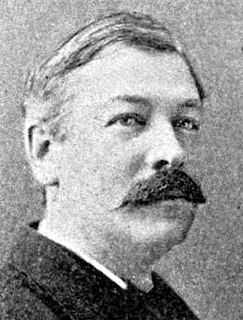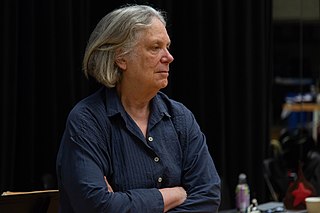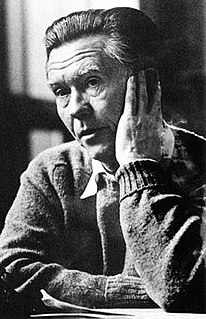A Quote by Charles Caleb Colton
It is not so difficult a task as to plant new truths, as to root out old errors
Related Quotes
You grow old when you lose interest in life, when you cease to dream, to hunger after new truths, and to search for new worlds to conquer. When your mind is open to new ideas, new interests, and when you raise the curtain and let in the sunshine and inspiration of new truths of life and the universe, you will be young and vital.
But this same process of the old teaching the young can also cause errors and false conclusions to accumulate with the passage of time. One should therefore study ancient writings, not so much in the hope of finding lost wisdom as in the hope of locating the origin of errors that have been, and still are, accepted truths.
Faith is the root, the necessary beginning. Hope is the stem, the energy that makes the plant grow. Love is the fruit, the flower, the visible product, the bottom line. The plant of our new life in Christ is one; the life of God comes into us by faith, through us by hope, and out of us by the works of love.
All human affairs follow nature's great analogue, the growth of vegetation. There are three periods of growth in every plant. The first, and slowest, is the invisible growth by the root; the second and much accelerated is the visible growth by the stem; but when root and stem have gathered their forces, there comes the third period, in which the plant quickly flashes into blossom and rushes into fruit.





































